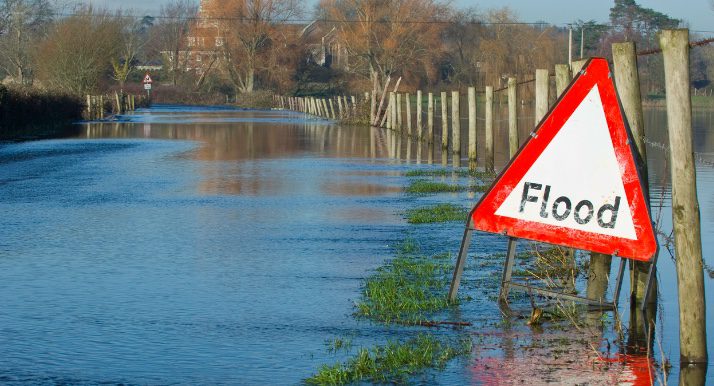
Combined action on climate change and modern slavery presents new opportunities, research finds
New research from Nottingham Rights Lab and the University of Nottingham School of Geography shows that combined climate change and modern slavery responses are currently lacking but there are opportunities available to reduce increasing vulnerabilities in affected communities.
Researchers found that climate change is a driving factor in promoting modern slavery, and that current recommendations focused on addressing the two topics were limited in their scope and usefulness for policymakers.
Currently, policies to address modern slavery and climate change are treated as separate entities. Researchers therefore call for the two issues to be addressed together to allow for effective strategies to be put in place.
Changing environmental conditions and slow onset events, such as drought, and rapid-onset events , such as earthquakes, can cause long-term displacement or long-term migration, which can heighten the risk of vulnerabilities that could be exploited.
The research, in partnership with Transparentem and International Justice Mission (IJM) UK, found that governance actors across the UK national and devolved administrations face both challenges and opportunities to address modern slavery and climate change within the policy space.
The new report makes 17 recommendations to reduce the risks posed by modern slavery and climate change, including but not limited to: legislative change, international collaboration, investment opportunities, support mechanisms, and funding further research in this area.
The full report is available here.
